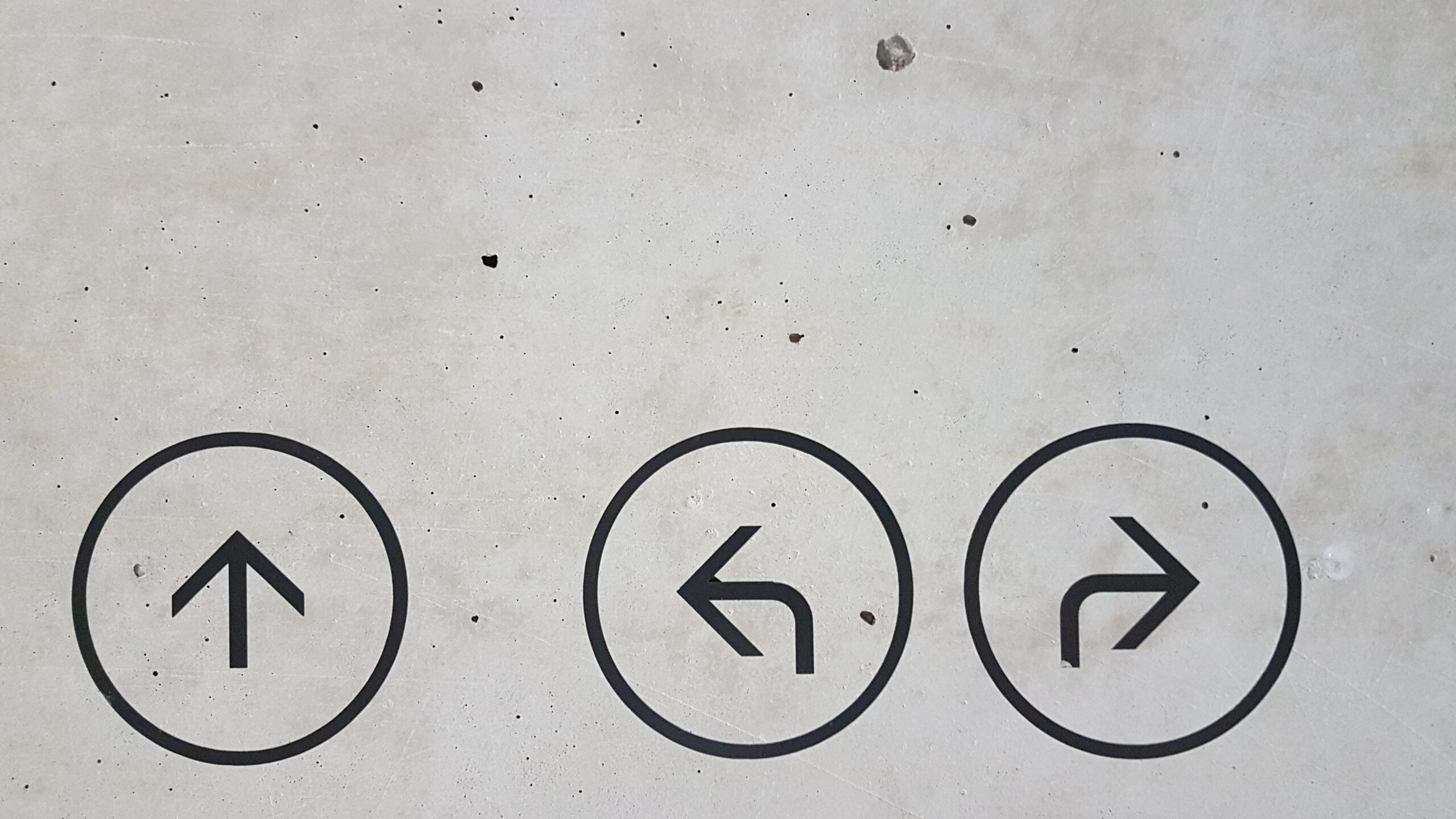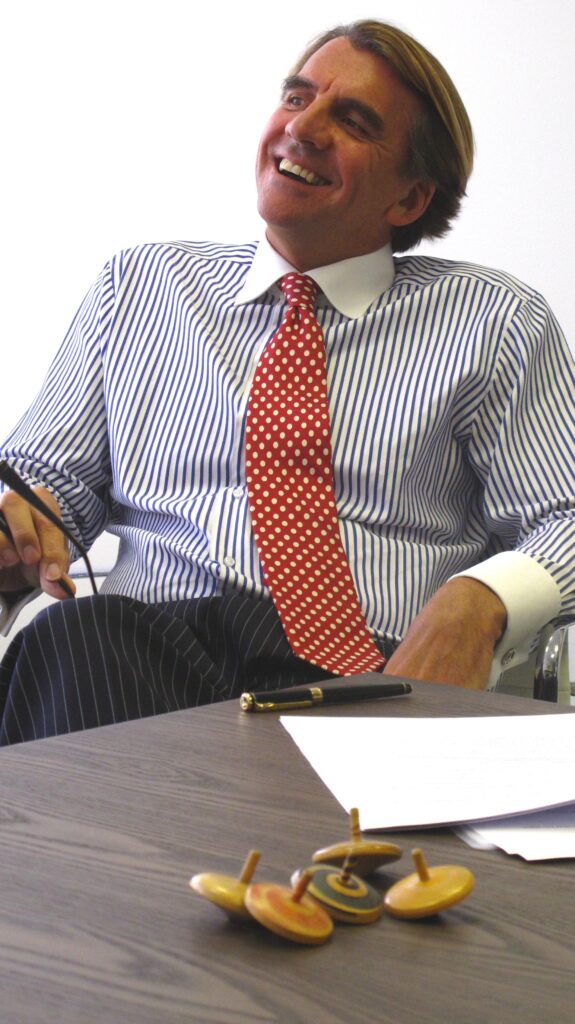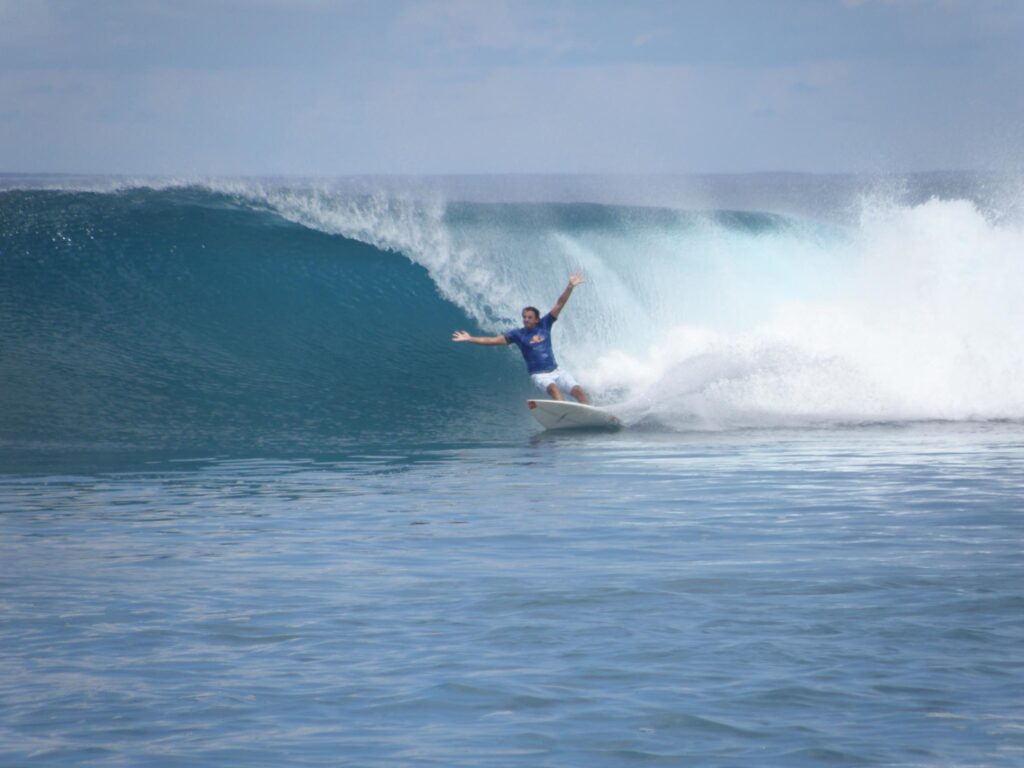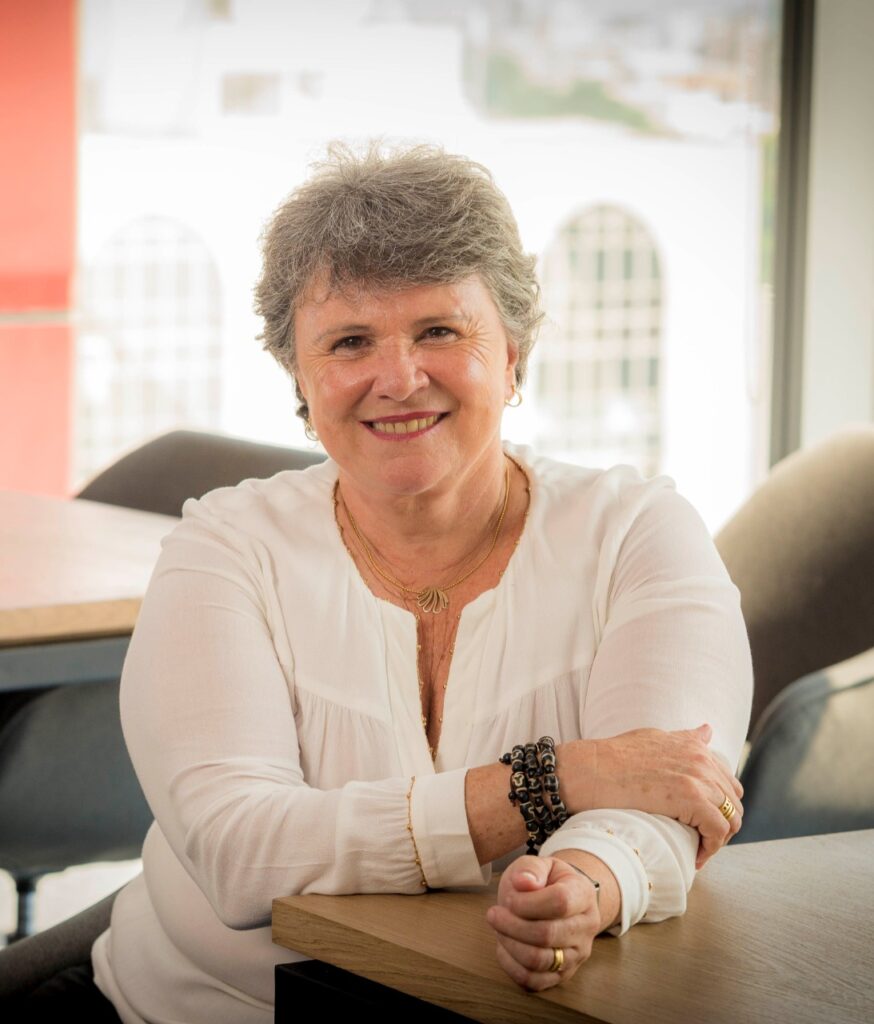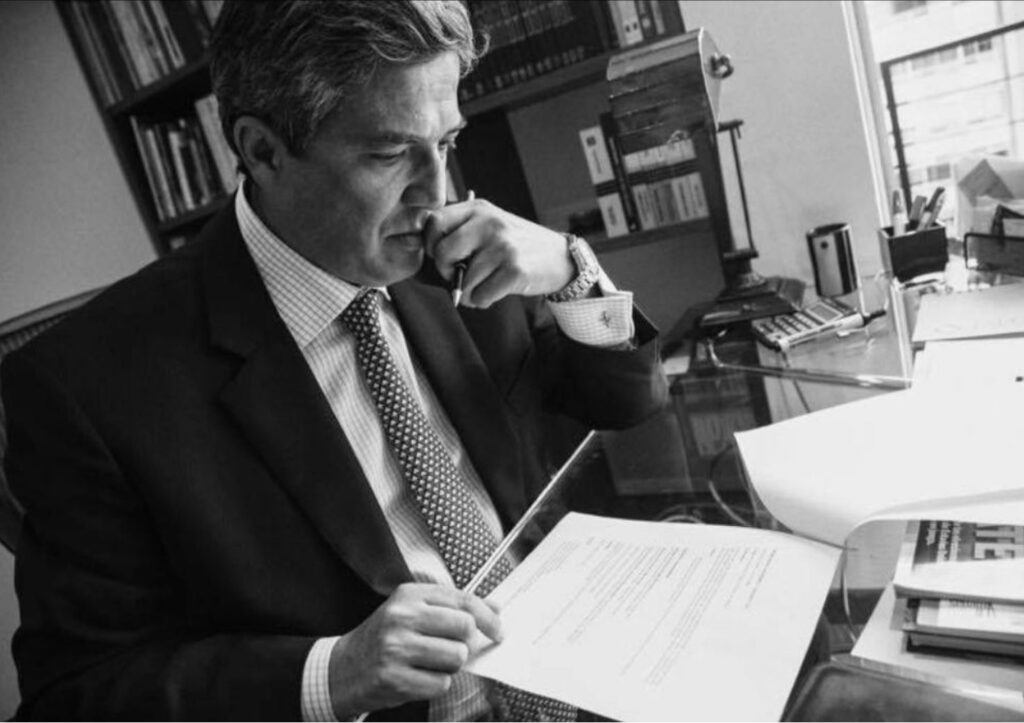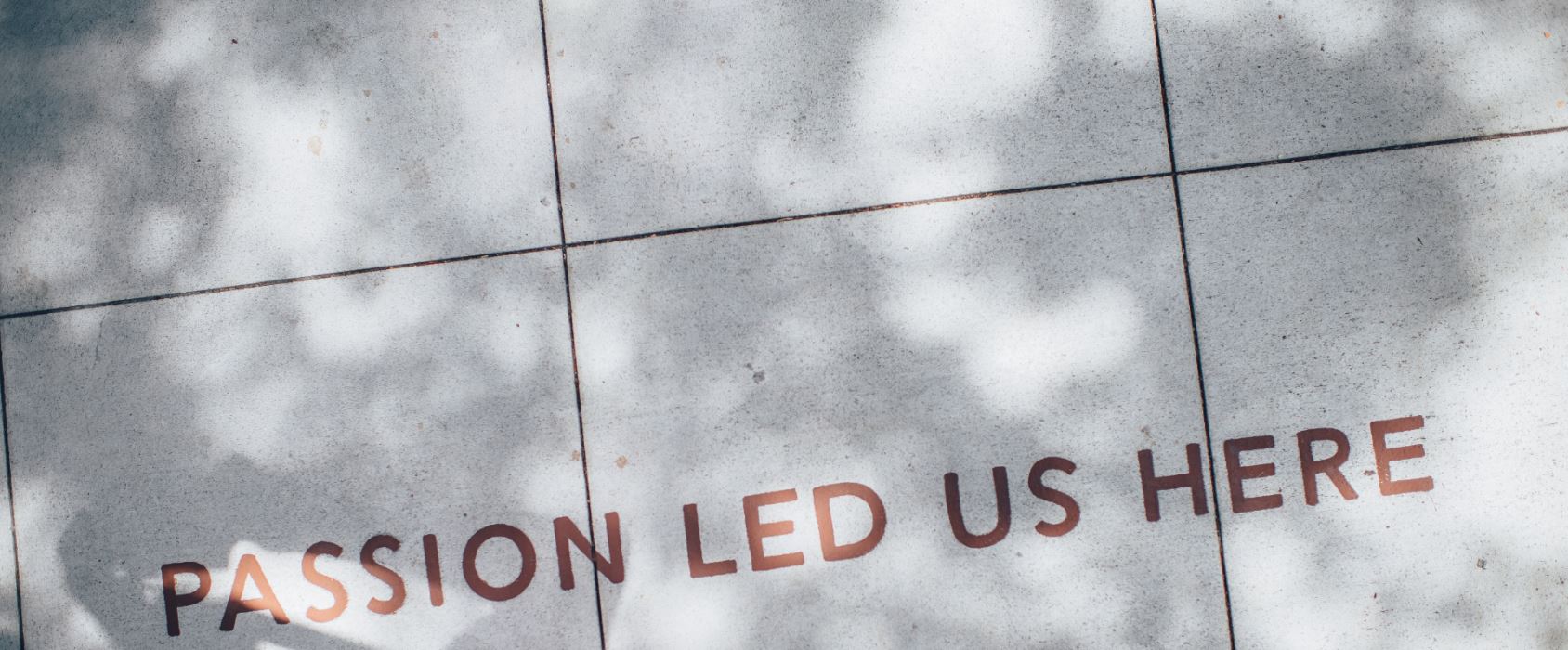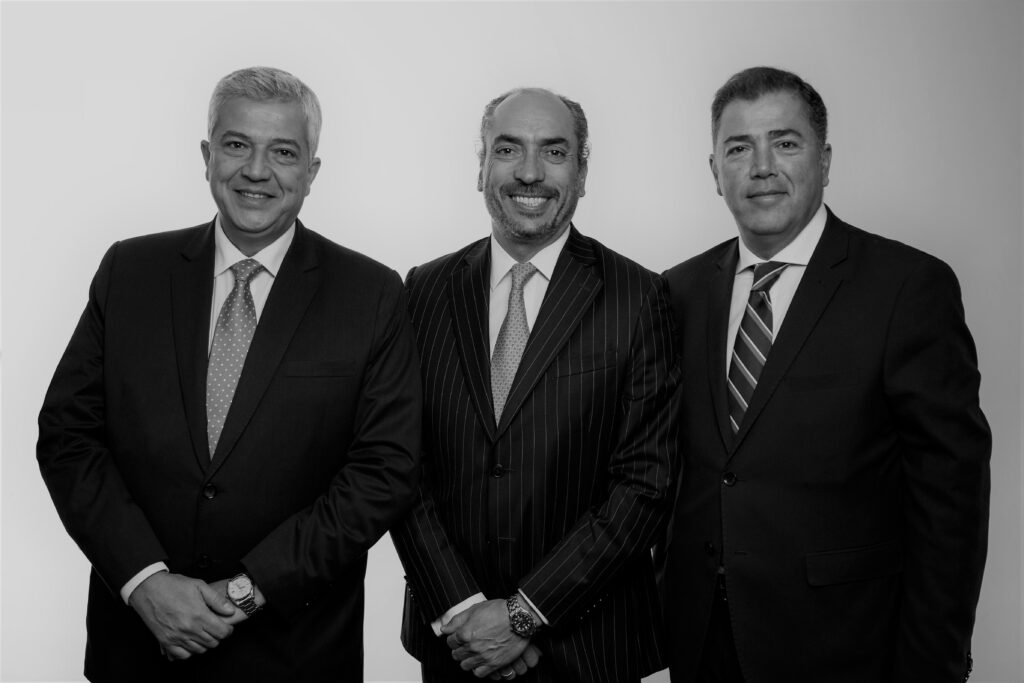This article is for those who are seeking a human perspective on organizational processes. This value-based approach focuses on doing the right thing. What is doing the right thing?
It seems quite simple: it is about establishing a sense of safety and recognition in the organization which enables people to develop their self-confidence, engage in long-term relationships, accept and grant responsibility in order to attain the organizational objectives (and the VN Sustainable Development Goals of course, but these are not the focus of this article). This is about finding the balance between the ‘hard’ organizational and ‘soft’ relational aspects of leadership.
We call this a culture of trust and most of you will acknowledge that this is important. But I rarely see leaders building such a culture! Why do we often fail to establish a culture of trust? And why do we often fail to restore trust once it is broken?
We fail to establish a culture of trust because we only notice the importance of trust once it is broken. Trust is like clean air – you only miss it when it is lacking.
And we fail to restore trust because we do not know what to do when trust is compromised. A situation which will often occur these days, living in a VUCAworld as risk- and compliance professionals call it (VUCA means volatile, uncertain, complex and ambiguous). To map the needs of tomorrow we have to deal with our uncertainties, anger and anxieties. Continuous learning and change more and more become a way of life. We require new solutions and make the changes we need to survive. Leaders need to create a resilient culture, flexible and based on learning, prepared for this future.
This requires new leadership-skills as new levels of perception and insight into both the realities of the world and into him- or herself. Self-reflection is essential!
Here we find the bottleneck: this learning-path is painful. It requires emotional strength to manage one’s own and others’ anxiety. Leaders must analyze their (cultural) assumptions and understand how to involve others and elicit their participation. No longer a ‘command and control’ approach but genuine interest and an open attitude, the power of vulnerability.
Once these skills are mastered, a culture of trust can be established when leaders display exemplary behavior, doing the right things. The steps to follow are:
- Creating clarity through defining a vision, mission, values and a clear strategy
- Organizing clear goals, tasks, delineating responsibilities and competences.
- Giving real attention to people: applying skills for communication clearly and conducting effective conversations on difficult subjects, ensuring that collaborators feel supported and experience a participative organization climate which leads to positive results.
Probably you think as a leader that you have these steps in place. And here I want to challenge you: are you sure your staff-members experience this participative and learning climate?
The challenge of our time is to create a culture of trust. Be prepared as a leader and start putting it into action!
By Pauline Voortman – INAC Netherlands




